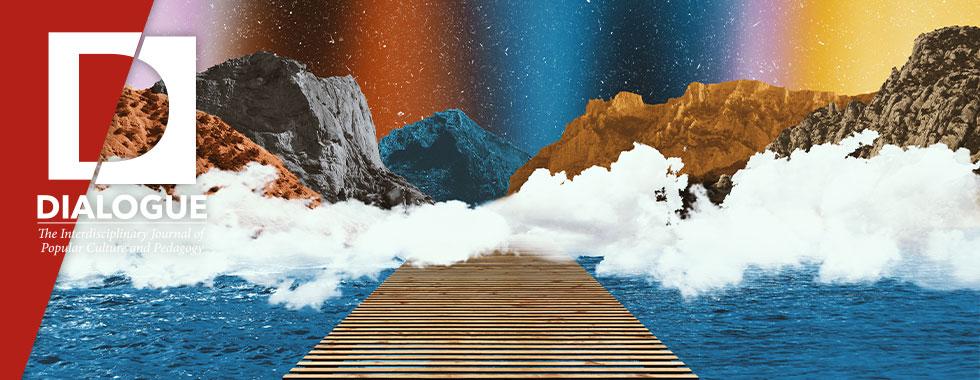Document Type
Article
Abstract
Strategically and thoughtfully employing popular culture in teaching political science can enable students to better understand, analyze, and relate to the material. In a discipline that can be viewed by students as too boring, too distant, and too polarizing, the use of relevant music, TV/film clips, toys, memes, and other popular culture artifacts can engage otherwise unengaged students in a meaningful way. This paper argues that using popular culture in teaching political science can demonstrate relevance, serve as a generational translator, expose the bias of experience, and enable an expression of self. In demonstrating relevance, popular culture makes material fresh and applicable for students; by operating as a generational translator, the material transcends the time in which it originated; biased experiences are exposed through popular culture mediums through which students are comfortable projecting new and different ideas that challenge what they already know and believe; finally, students can learn to express themselves in relationship to the material by using these mediums with which they are already familiar but in a new and intentional way. Watching clips from the hit TV show Parks and Recreation (2009) can illuminate the complexities of the bureaucracy and the role of regulation in everyday life; likewise, listening to the award-winning Broadway musical Hamilton (2015) with clever lyrics regaling the debates of federalism demonstrate the passion and ideas behind such constitutional conflicts. This paper first provides an overview that establishes the value of applying popular culture specifically to political science pedagogy before reviewing the relevant literature. It then charts the four ways in which popular culture can be beneficial to teaching and learning political science, concluding with a larger analysis of the advantages and potential for such approaches.
Recommended Citation
Wilson, Laura Merrifield
(2020)
"Pop Culture and Politics: Engaging Students in American Government through Art, Music, and Film,"
Dialogue: The Interdisciplinary Journal of Popular Culture and Pedagogy: Vol. 7:
Iss.
3, Article 6.
Available at:
https://digitalcommons.unl.edu/dialogue/vol7/iss3/6
Included in
American Politics Commons, American Popular Culture Commons, Art and Design Commons, Communication Technology and New Media Commons, Community-Based Learning Commons, Critical and Cultural Studies Commons, Curriculum and Social Inquiry Commons, Educational Sociology Commons, Film and Media Studies Commons, Gender and Sexuality Commons, Music Commons, Politics and Social Change Commons, Scholarship of Teaching and Learning Commons, Social Influence and Political Communication Commons, Social Justice Commons, Sociology of Culture Commons, Television Commons

